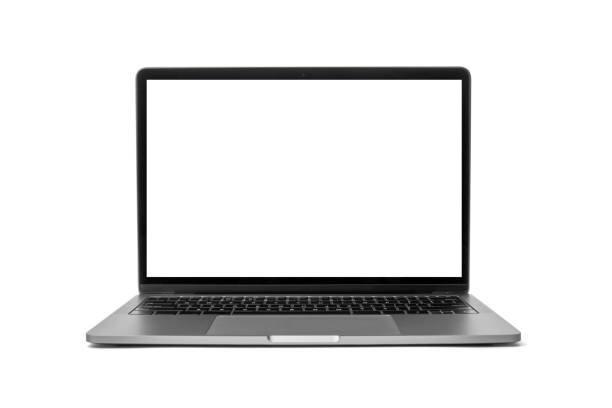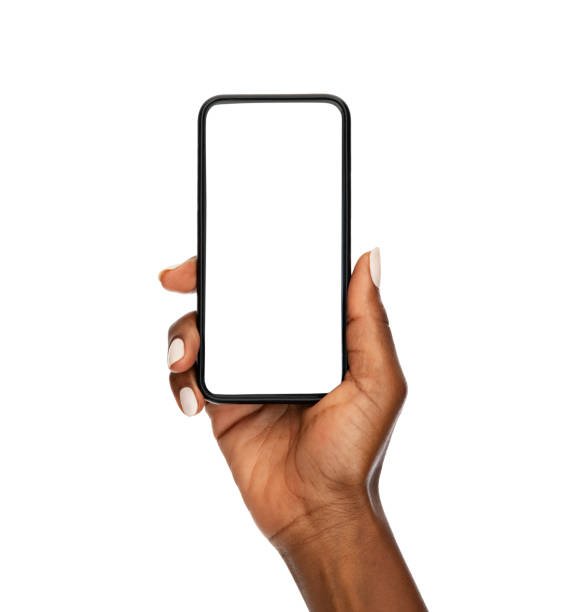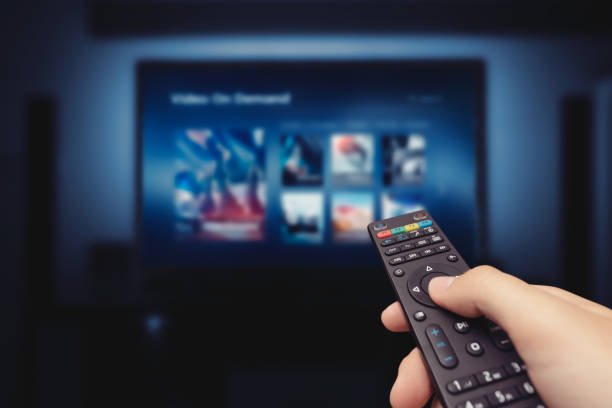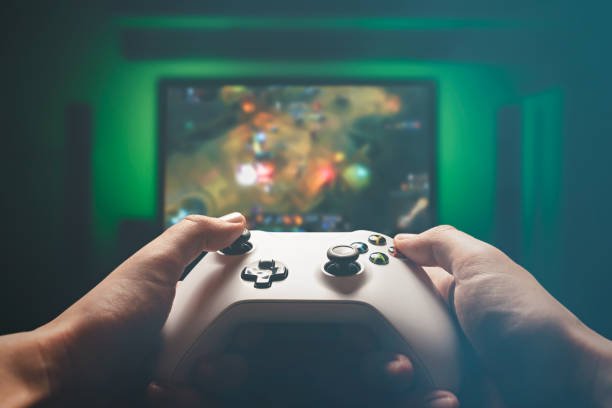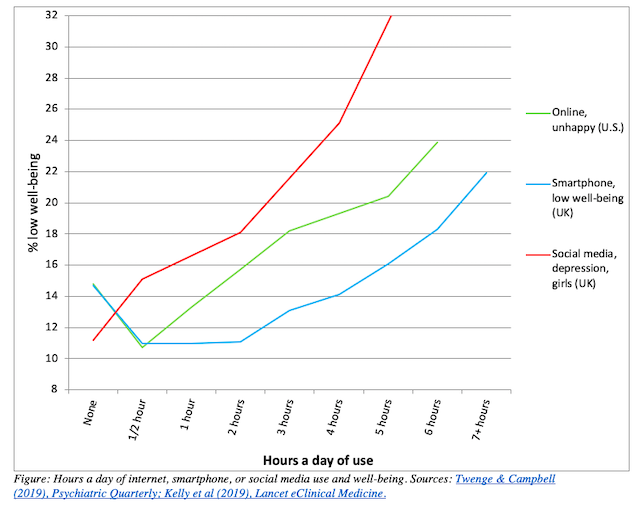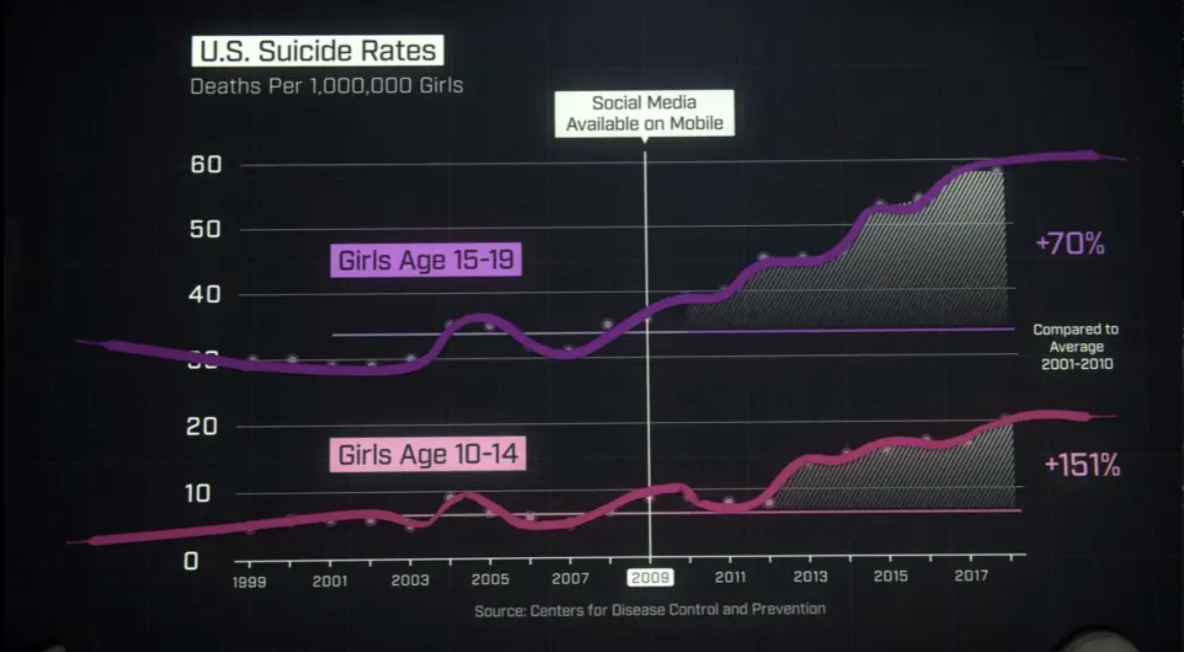Coming January 2023!!!
RECLAIM YOUR TIME
The Program that Will Help You Spend Less Time in Front of Screens
And Build Habits That Will Help You Build The Life You Truly Want
All through the Reclaim Your Time course
The Average American Spends over 12 Hours Per Day in Front Of Screens
Your time has been claimed by devices and algorithms designed to be addictive
With the incentive to keep you on their platform for as long as possible, social media sites were designed to be addictive, using psychological tactics like variable rewards to take as much of your time and attention as possible.
Video streaming sites use things like autoplay to keep you watching longer than you intended.
Smart phones ensure we are never truly away from the online world. You’ll access them wherever you are when you receive a notification, or just when you are simply bored, and often get sucked in, losing more of your time.
The impact of too much screen time
Our recent adaption of smart phones and social media has now been shown to be associated with some terrible outcomes, particularly for mental health.
More importantly, it has been occupying too much of your time. Time you could be using for important things like learning a new skill to advance your career, building connections with friends and family, working on your health (both mental and physical) or building a business of your own- building your dream life! It’s time you RECLAIM YOUR TIME!
Reclaim Your Time is the program designed to help you reclaim your time
Unlike other screen time reduction methods this program is customized to you.
In this program you will
Actually chose behaviors to replace your screen related time wasting habits with
Determine your patterns and what situations cause you to unnecessarily check your phone or get sucked into excessive scrolling and binge watching
Understand the difference between intentional and unintentional screen time
It’s all based on my story
My 2022 New Years resolution was to keep my screen time below 50 hours per week. This is over 40% less than the average American! Every week but two (the Olympics and the week I got COVID) I kept my screen time under 50 hours. Even while building this program! It was the culmination of years of attempts to reduce screen time, as I saw the adaption of smart phones and social media as a problem pretty much as soon as it happened.
Essentially I learned…
Tracking screen time on my phone and imposing punishments only incentivized me to do things on a laptop instead. All screens need to be tracked.
There is a difference between intentional and unintentional screen time. It’s the unintentional screen time that needs to be reduced.
Our excessive screen use is in essence a behavioral and mindset issue.
Intentional vs. Unintentional Screen Time
Three common examples of what intentional (screen time you should not feel shame about) and unintentional (screen time that needs to be reduced as much as possible) screen time looks like
Intentional
Doing your job, which is at a computer
Setting aside time to watch a movie or sporting event
Doing specific research on a topic of interest (and only that topic) online
Unintentional
Picking up your phone because you are waiting in line and bored
Scrolling through social media
Letting a streaming site autoplay videos
Reduce your unintentional screen time and build better habits through the Reclaim Your Time course!

